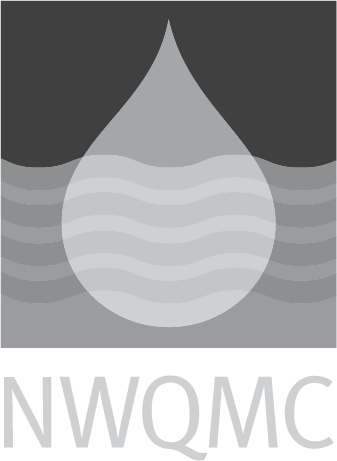EPA-OW/OST: 1633 (Solids and Biosolids): Per- and Polyfluoroalkyl Substances (PFAS) in Solids and Biosolids Samples by LC-MS/MS
|
Official Method Name
|
Draft Method 1633 Analysis of Per- and Polyfluoroalkyl Substances (PFAS) in Aqueous, Solid, Biosolids, and Tissue Samples by LC-MS/MS |
|---|---|
|
Current Revision
| Final version |
|
Media
|
SOILS/SEDIMENT |
|
Instrumentation
|
Liquid Chromatography with Tandem Mass Spectrometry |
|
Method Subcategory
|
Organic |
|
Method Source
|
|
|
Citation
|
|
|
Brief Method Summary
|
Solid samples are spiked with isotopically labeled standards, extracted into basic methanol, and cleaned up by carbon and SPE cartridges before analysis. Analyses of the sample extracts are conducted by LC-MS/MS in the multiple reaction monitoring (MRM) mode. Sample concentrations are determined by isotope dilution or extracted internal standard quantification using isotopically labeled compounds added to the samples before extraction. Note revised errata sheet dated February 8, 2022. |
|
Scope and Application
|
The method covers the determination of Per- and Polyfluoroalkyl Substances (PFAS) in Aqueous, Solid, Biosolids, and Tissue Samples |
|
Applicable Concentration Range
|
As analyzed and uncorrected for original sample mass (5 grams of sediment or 0.5 grams of biosolids), ML ranges from 1.6 - 1,560 ng/L but most compounds range 1.6 - 62.5 ng/L. |
|
Interferences
|
(A) Glass equipment: Cleaned by washing with detergent and baking in a kiln or furnace. After detergent washing, glassware should be rinsed immediately with reagent water. Prior to use, baked glassware must be solvent rinsed and then air dried. A solvent rinse procedure using methanolic ammonium hydroxide (1%), toluene, and methanol is recommended. (B) SPE manifold contamination: Cleaned by sonicating in methanolic ammonium hydroxide (1%) and air drying prior to use. Smaller parts, like the needles, adapters, reservoirs, and stopcocks associated with the manifold require rinsing with tap water prior to sonicating in methanolic ammonium hydroxide (1%) and air drying. When in use, after loading the samples but prior to elution procedures, the chamber must be rinsed with methanolic ammonium hydroxide (1%). (C) Fluoropolymer interferences: SPE and carbon cleanup are required to remove these compounds. |
|
Quality Control Requirements
|
Extracted Internal Standard (EIS), Non-Extracted Internal Standard (NIS), Native Standards Solution, Calibration standard solutions, Qualitative Standards, Instrument Blank, Sodium iodide/cesium iodide mass calibration solution. |
|
Sample Handling
|
Collect samples as grab samples using wide-mouth, HDPE, 500-mL jars with linerless HDPE or polypropylene caps and fill no more than ¾ full. |
|
Maximum Holding Time
|
90 days at either 0 - 6 ºC or ≤ -20 ºC, no light, with caveat. Extracts - 90 days (0 - 4 ºC, no light, caveat) |
|
Relative Cost
|
|
|
Sample Preparation Methods
|




